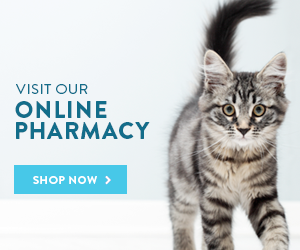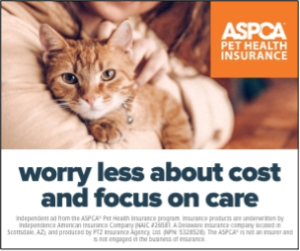Litter Box Care to prevent or treat elimination problems
From the American Association of Feline Practitioners
Most cats prefer a fine-grained, unscented litter substrate (e.g., clumping litter). Boxes should be scooped 1 or 2 times daily. Clumping litter should be completely changed at least weekly and more often if more than one cat uses it. Clay litter should be changed a minimum of every other day (more frequently if multiple cats are using it).Wash litter box with warm, soapy water and dry well before adding new litter.
The ideal number of litter boxes is one per cat, plus one. Litter boxes should be placed in at least 2 different locations, and preferably more if a multiple cat household. Locations should be private and have easy access. Boxes should not be placed next to noisy appliances. Prevent blocking litter box exit or entry of one cat by another. Have at least two ways for cats to enter and exit the box. Never trap or corner a cat in its litter box to give it medication or perform other procedures that the cat may dislike.
Many cats prefer a litter depth of approximately 1.5 inches; however, preferences vary. Cats prefer litter boxes that are at least 1.5 times the length of their bodies. Many commercial litter boxes are too small for larger cats. Sweater storage boxes, cement mixing tubs, and small dog litter pans (for dogs up to 35 pounds) all make excellent cat litter boxes.
HELPFUL FACTS REGARDING URINATION AND DEFECATION: The average cat urinates twice daily (+/- 2), and defecates once (and up to 3-4 times in outdoor cats) daily. Some cats sniff and cover their eliminations; others don’t. Both are considered normal behavior. Eliminating outside the box often signals an underlying medical condition. The earlier the problem is corrected, the better the chance for the cat to return to the litter box.Call your veterinarian to schedule an appointment.



